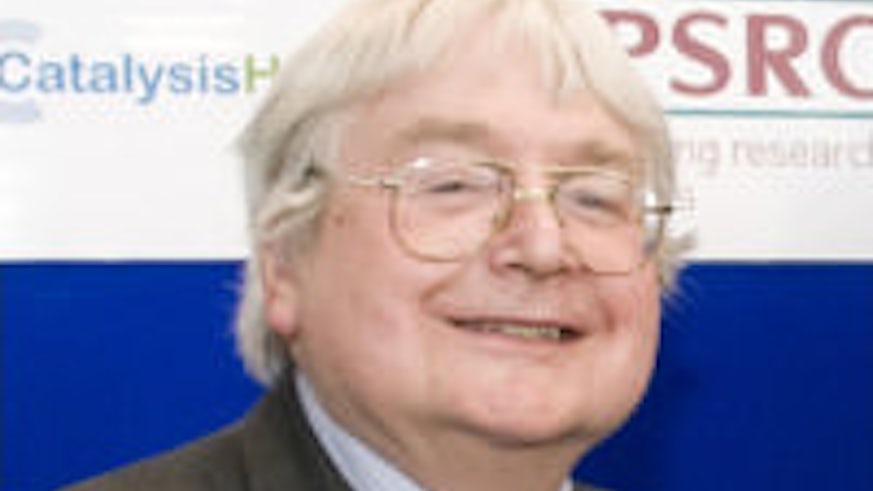Cardiff scientist elected Royal Society Foreign Secretary
11 Gorffennaf 2016

The Royal Society has appointed Professor Richard Catlow, from the School of Chemistry, as its next Foreign Secretary.
The post, which dates back to 1723, is considered one of the science world’s highest honours, with notable past Foreign Secretaries including British physicist Thomas Young and chemical scientist Henry Tizard.
In his role, Professor Catlow will represent the British scientific community abroad and will be responsible for overseeing the Society’s international business. Following the announcement, Professor Catlow said: “I am very pleased and honoured to be taking on this new and challenging role. Science is an international endeavour and it is of key importance to maintain and extend the international collaborations and interactions of UK science and to ensure that UK science plays its full role on the world stage.”
Speaking about the appointment Said Venki Ramakrishnan, President of the Royal Society, commented that: “the relationship between science in the UK and Europe is in a state of flux and so the role of the Foreign Secretary of the Society has never been more important. Science has always been a global undertaking and international collaboration has become the norm. Richard Catlow is well placed to help the Society negotiate this difficult time and build on the strong relationships we have across the world.”
The Royal Society is a self-governing Fellowship of many of the world’s most distinguished scientists drawn from all areas of science, engineering, and medicine. The Society’s purpose is to recognise, promote, and support excellence in science and to encourage the development and use of science for the benefit of humanity.
Professor Catlow is Professor of Catalytic and Computational Chemistry at Cardiff University's School of Chemistry (a joint appointment with the Department of Chemistry, UCL), as well as Director of the Cardiff Catalysis Institute. His research develops and applies computer models in conjunction with experiment to probe the properties of materials, including their synthesis, structure and properties. By combining computational methods with experiments, he has made considerable contributions to major areas of contemporary materials chemistry and physics, including mineralogy and the study of electronic, energy and catalytic materials. He has collaborated in Europe, the US, India, China, Japan, Cuba, Africa and Australia and has a particular interest in capacity building programmes in Africa.